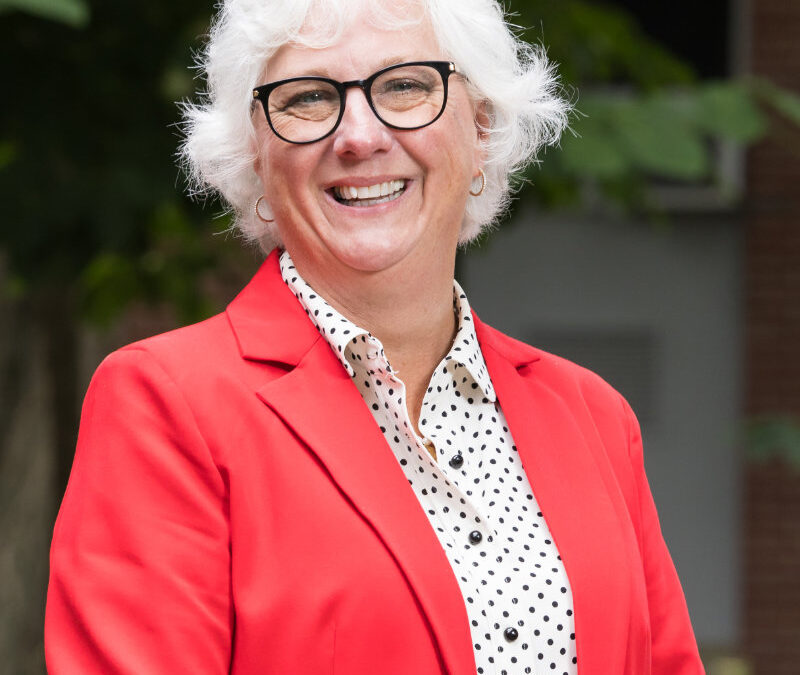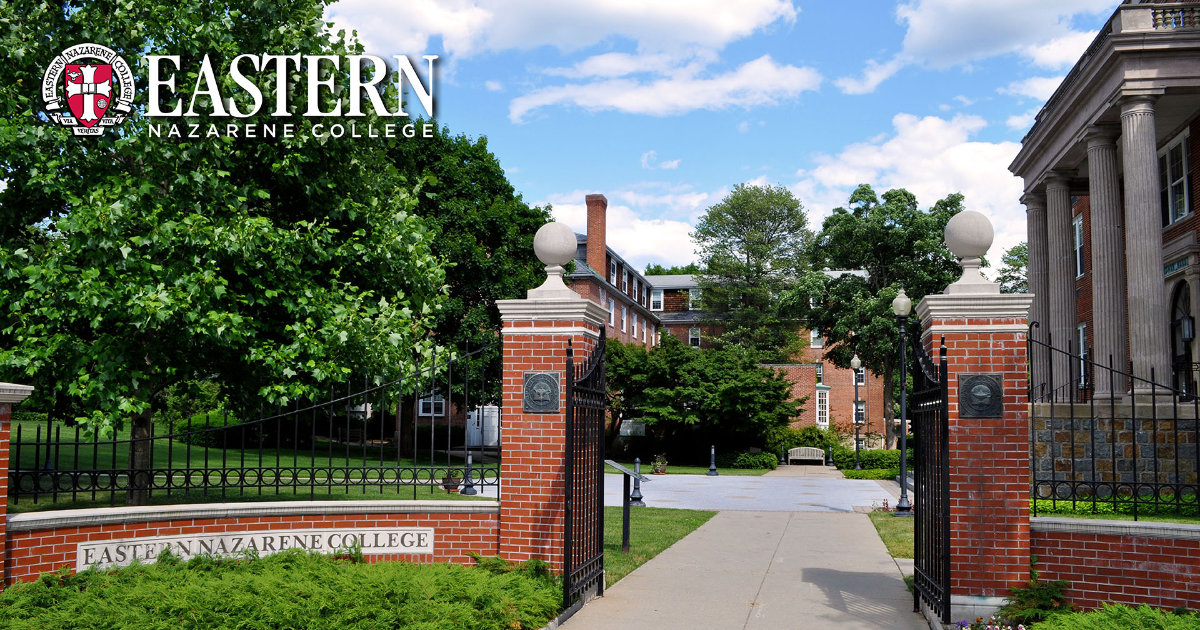From the Dean of the College:
For much of the past year, the faculty and administration of Eastern Nazarene College have been engaged in discussions about how to optimize our portfolio of academic programs. In many ways, this is a normal part of what healthy academic institutions do to ensure their long-term health, but the process this time around has had a special intensity, given all the ways in which the higher education landscape is being remade, thanks to the pandemic, shifting cultural expectations, demographic changes, and more. The process has involved lengthy conversations, careful examination of data, and constant prayer. Whatever the challenges have been, I believe that the result of this process will be a strengthened academic program that helps us more fully pursue our mission of equipping diverse students to lead and serve as agents of Christ’s love and truth, and I am so grateful to all those who have contributed to the process along the way.
The toughest part of this process has been making the difficult decision to stop offering some of our current majors where low enrollment makes it impossible for us to sustain a quality academic program for the long haul. Effective immediately, ENC will no longer be recruiting new students for the B.A. in Social Work, the B.A. in Communication Arts, the B.A. and B.Sc. in Forensic Science, and the B.Sc. in Chemistry. To be clear, that doesn’t mean that all traces of these disciplines will be eliminated. In Chemistry, for example, we will still have a Biochemistry major tied to our Life Sciences program and a B.A. degree particularly for students interested in teaching Chemistry at the high school level. Other elements of these disciplines will remain as part of our general education curriculum, as well as in majors such as Marketing, Psychology, and Crime, Law, and Justice. Nevertheless, we know that these decisions affect a small number of our current students and prospective students who were looking toward joining us this Fall. We are working with those affected individuals to help them find the best option for their future.
Making these difficult decisions now also allows us to begin immediately making investments in programs that have larger enrollment and better alignment with the interests expressed by our prospective students. These include areas such as Sport Management, Education, Health Science, Business, and Data Science. Each of these areas shows strong potential for growth, in terms of our ability to attract both traditional undergraduate students and adult learners at various stages of their educational journey. In the weeks ahead, we will be posting the first job announcements for new faculty positions in some of these areas, and I invite you to join me in praying that God will bring us the right people to serve the next generations of ENC students. In coordination with the curricular and co-curricular programming we are developing as part of the Elevate initiative, I am convinced that ENC will continue to provide its students with a transformative education that will help them take the next step in their vocation with confidence and purpose.
Bill McCoy, Ph.D.
Vice President for Academic Affairs & Dean of the College
Professor of History






